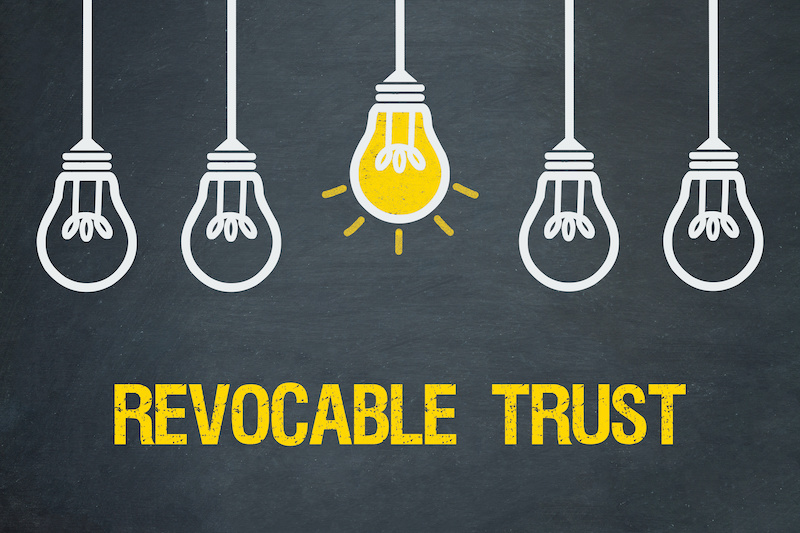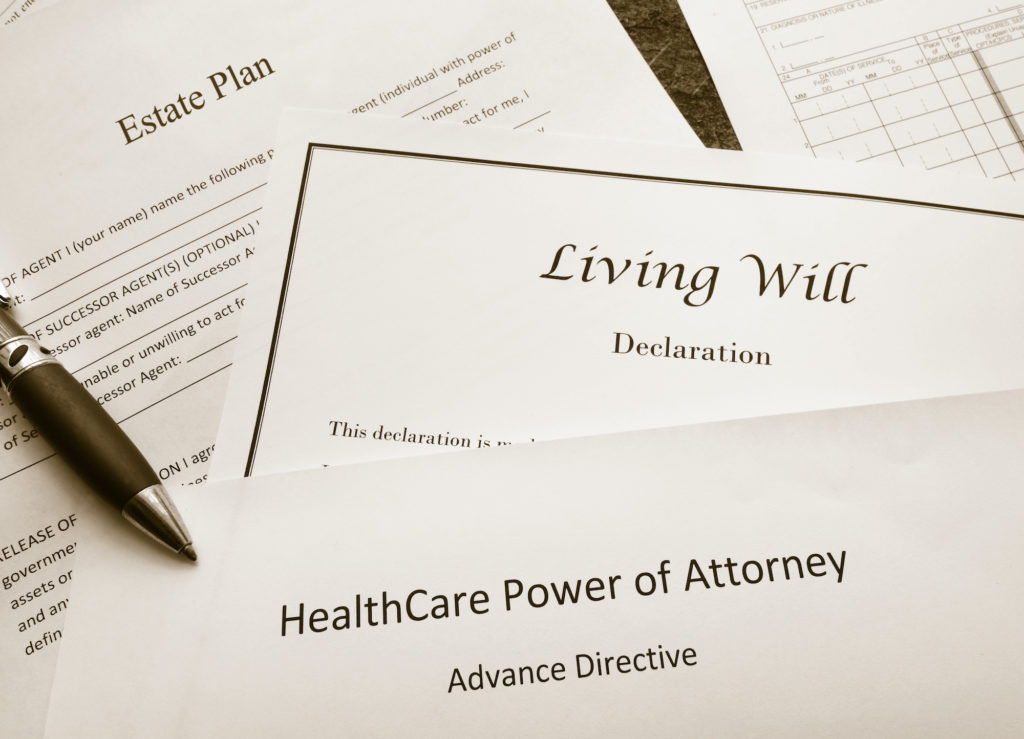
Starting a new job opens an exciting new chapter of life. No matter the specifics about your company, the onboarding process contains lots of moving parts. However, don’t feel overwhelmed by the process. Personnel review several types of employee benefits. You will complete plenty of forms. Therefore, your heirs will fulfill your financial and estate planning wishes. As far as estate planning, these procedures impact your beneficiary.

Beneficiary Designations
Beneficiary designation forms enable you to choose who stands to receive the death benefit. Offered by your employer-provided life insurance policy or the balance of your retirement account, these benefits are part of your employment. The beneficiary designation forms allow you to name a primary beneficiary. What’s more, you will name a contingent beneficiary. This person will benefit if the primary beneficiary dies or refuses the money. Consider several choices when naming a primary beneficiary:

- Choose one person
- Select two people to split the death benefit or account
- Name a charity, or even a trust
- In some circumstances, your employer’s plan requires you to list your spouse as the primary beneficiary. For example, with a retirement account.
Death Benefits
The beneficiary designation overrides anything written in a will or trust. Thus, make sure you complete the form properly. If you fail to do so and then die, the account or death benefit will distribute according to the default rules of the account or policy agreement. This may give the balance to your spouse or heirs. This depends on the plan agreement or applicable state law.

Stock or Other Ownership Interests
Your employer may offer company stock or other ownership interests as part of your employment benefits. If this occurs, make sure you understand this before you sign any forms. Contact experienced financial, tax, and estate planning professionals to explain the situation. To properly plan, you need to understand:
- The type of interest
- When the interest vests
- Whether there any tax obligations or reporting requirements
- What will happen if you leave your employment
- What happens if you die while still employed
- How you can pass along your interest to your loved ones through your estate plan.
To safeguard the employment benefits your employer offers, create a foundational estate plan. This is key to tying everything together for a successful future.

Last Will and Testament
Use this to name an executor or personal representative to wind up your affairs. The executor directs what happens with your money and property. Also, nominate someone to serve as a guardian for your minor children (if applicable). With this option, your family will likely experience probate before the estate pays out money or property in such a case.
Revocable Living Trust (RLT)

An alternative to a standalone will, an RLT allows you and your loved ones to avoid the probate process. An RLT transfers your money and property to a trust during your lifetime. Alternatively, you could name the trust as a beneficiary of your accounts and property. Usually, you serve as the trustee. In this capacity, you manage the money and property. In addition, you continue to spend the money and use the property during your lifetime. If something happens, a successor trustee you previously selected steps in without court involvement. In such a case, they manage the trust on your behalf. You can also designate what happens to the trust’s money and property at your death.
Financial Power of Attorney (POA)

Through this document, you choose a trusted person (an agent or attorney-in-fact). They handle your financial matters. For example, the person with POA sign checks, opens bank accounts, etc. In this document, you specify the scope of the agent’s authority. Also, you decide when the agent can act. Without this document, a court appoints someone if you need a person to handle a financial matter on your behalf. This takes time and money which may not be available during a crisis.
Medical Power of Attorney
With this, you appoint a trusted person as your decision maker. They communicate or make healthcare decisions on your behalf if you cannot do so. Absent this designation, the court could name someone to make these decisions for you. This could cost your loved ones time, money, and privacy.

Advance Directive or Living Will
This allows you to convey your wishes regarding end-of-life decisions. Properly documenting your wishes makes them easier to carry out. This reduces tensions brought on by uncertainty.
HIPAA Authorization Form
A Health Insurance Portability and Accountability Act (HIPAA) form allows you to grant specific individuals access to your medical information. For example, for medical personnel to provide status updates about your medical condition or test results. Sometimes, this type of information helps reduce tension among the parties involved.
Joining a new company is an exciting adventure. In addition to the human resources representative at your new company, we are here to help you protect the legacy you are in the process of building by creating a proper estate plan.

About Skvarna Law in Glendora and Upland, California
Skvarna Law Firm operates offices in Glendora and Upland, California. Also, we provide legal services. We cover San Bernardino, Los Angeles, Orange, and Riverside Counties. This includes several cities. Upland, Ontario, Rancho Cucamonga, Fontana, Colton, Rialto, Chino, Chino Hills, Glendora, Claremont, Pomona, La Verne, Montclair, San Dimas, Azusa, Covina, West Covina, Diamond Bar, Walnut, La Puente, Corona, Norco & Mira Loma.


